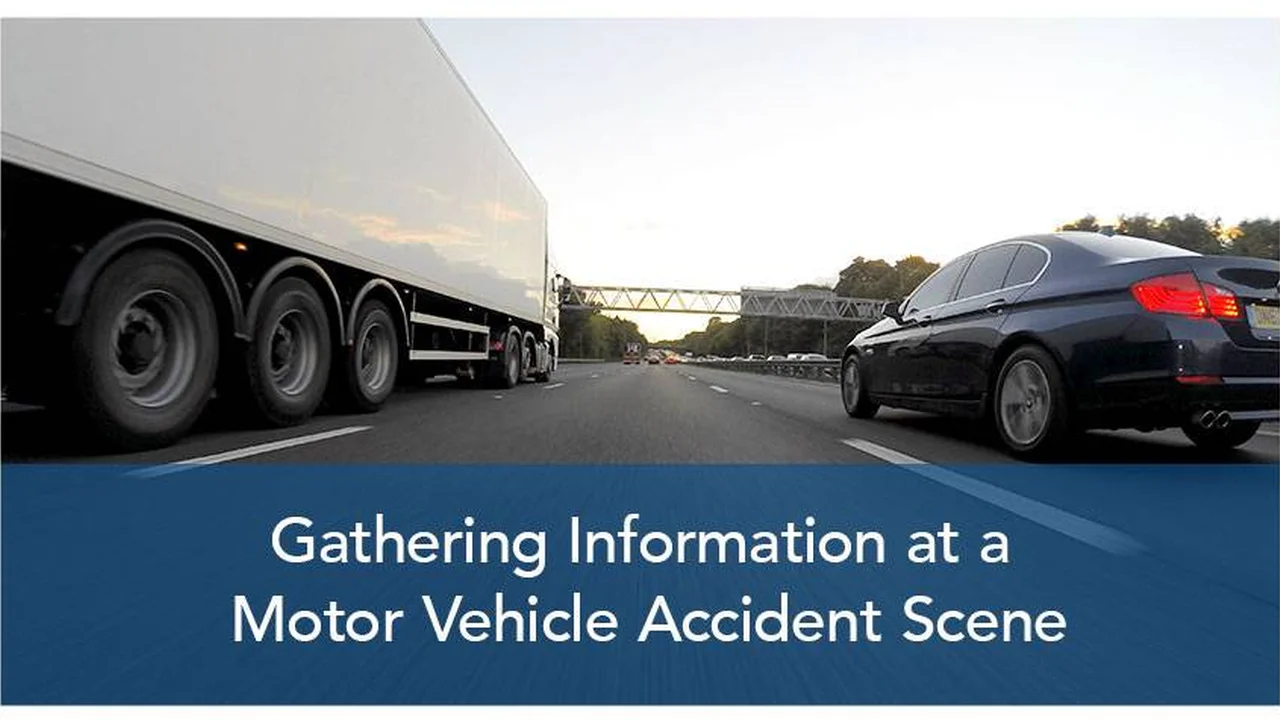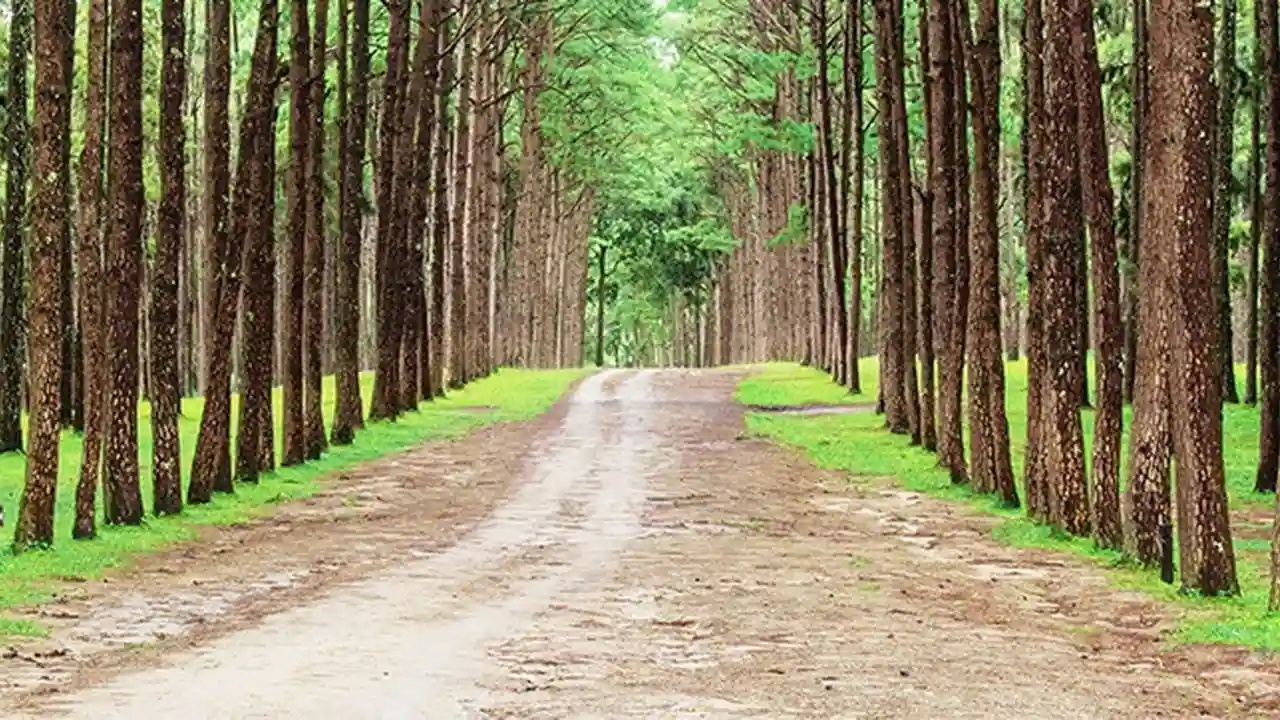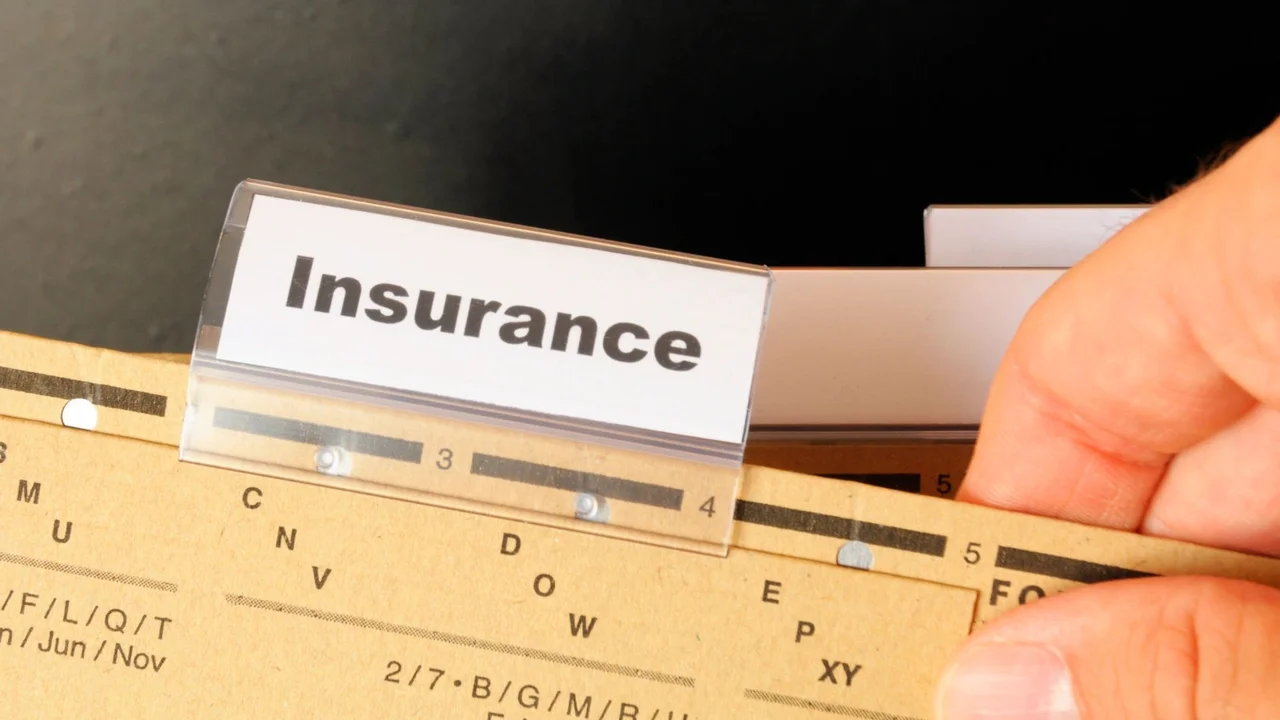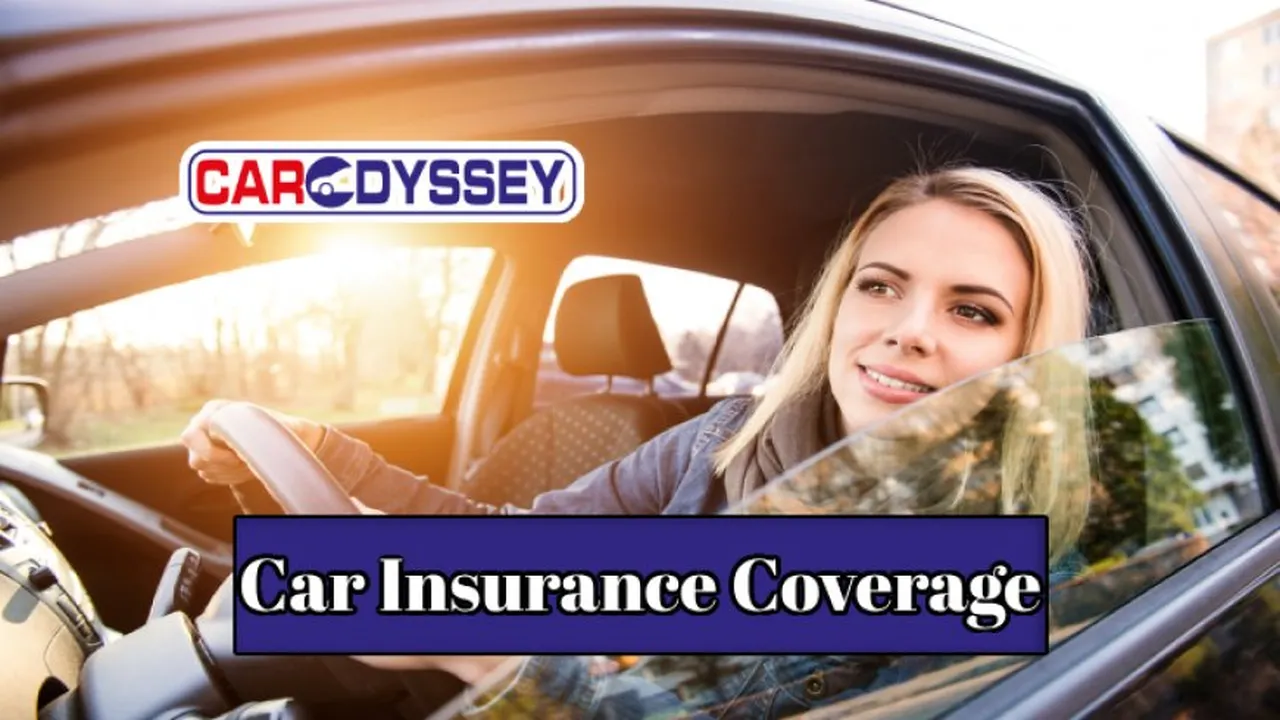Gathering Information at the Accident Scene

Immediately After the Accident Car Insurance Claims Process
Okay, you've just been in a car accident. Your heart's probably racing, and maybe you're a little shaken up. The first few minutes are crucial for your car insurance claim. Take a deep breath and focus. Your safety and the safety of everyone involved is the absolute top priority. Check yourself and your passengers for injuries. If anyone is hurt, call emergency services immediately – don't hesitate. Then, if it's safe to do so, move your vehicle to the side of the road, away from traffic. Turn on your hazard lights to warn other drivers.
Once you've ensured everyone's safety, it's time to start gathering information. This is where you become a detective for your car insurance claim. The more thorough you are, the smoother the process will be later on.
Exchanging Information Driver Information Exchange for Car Insurance
This is the most important part. You need to exchange information with the other driver(s) involved. This includes:
- Full Name: Get their legal name, as it appears on their driver's license.
- Address: Their current residential address.
- Phone Number: A reliable phone number where they can be reached.
- Driver's License Number: This is crucial for verifying their identity and driving record.
- Insurance Company and Policy Number: This is the key to filing a claim with their insurance company. Make sure you get the correct policy number, as some people have multiple policies.
- Vehicle Information: Make a note of the year, make, and model of the other vehicle(s), as well as their license plate number.
Don't rely on memory. Write everything down immediately. A pen and paper are your best friends here. If you have your phone, take pictures of their driver's license, insurance card, and registration. The more documentation you have, the better.
Documenting the Scene Accident Scene Documentation for Car Insurance Claims
Photos are your best friend! Use your phone to take pictures of everything related to the accident. This includes:
- The Damage: Take close-up photos of the damage to all vehicles involved. Capture different angles to show the extent of the damage.
- The Scene: Take wide-angle photos of the accident scene, showing the position of the vehicles, traffic signals, and any other relevant details.
- Road Conditions: Photograph any road hazards that may have contributed to the accident, such as potholes, debris, or slippery surfaces.
- Weather Conditions: Note the weather conditions at the time of the accident, such as rain, snow, or fog. If possible, take a photo showing the weather.
- License Plates: Get clear pictures of the license plates of all vehicles involved.
- Skid Marks: If there are skid marks on the road, photograph them. They can provide valuable information about how the accident occurred.
Don't be shy about taking too many photos. It's better to have too much information than not enough. These photos will be invaluable when you file your car insurance claim.
Witness Information Gathering Witness Statements for Car Insurance
If there were any witnesses to the accident, try to get their contact information. A neutral third party can provide an unbiased account of what happened. Ask them if they are willing to provide a statement. If they are, get their full name, address, and phone number. If possible, ask them to write down their account of the accident while it's still fresh in their mind. You can also use your phone to record a brief video statement from them. Make sure they understand that their statement might be used in the car insurance claims process.
Police Report Importance Police Reports and Car Insurance Claims
If the police were called to the scene, make sure you get a copy of the police report. This report will contain important information about the accident, including the officer's assessment of what happened, who was at fault, and any citations issued. Ask the officer for the report number and how to obtain a copy. This can significantly speed up your car insurance claims process.
Dash Cam Footage Utilizing Dash Cams for Car Insurance Claims
If you have a dash cam, review the footage immediately. Save the relevant footage to your phone or computer. Dash cam footage can provide irrefutable evidence of what happened in the accident. It can be particularly helpful in cases where there is a dispute about who was at fault.
Documenting Your Injuries Personal Injury Documentation for Car Insurance
Even if you don't feel any pain immediately after the accident, it's important to document any injuries you may have sustained. Adrenaline can mask pain in the immediate aftermath. See a doctor as soon as possible to get a thorough medical evaluation. Keep detailed records of all medical treatment you receive, including doctor's visits, physical therapy, and medication. These records will be crucial if you need to file a personal injury claim as part of your car insurance claim.
Car Insurance Claim Process Starting Your Car Insurance Claim
Once you've gathered all the necessary information, it's time to file your car insurance claim. Contact your insurance company as soon as possible. Provide them with all the information you've gathered, including the other driver's information, photos of the scene, and any witness statements. Be honest and accurate in your description of the accident. The faster you start the car insurance claims process, the better.
Recommended Dash Cams for Accident Documentation: Product Reviews and Comparisons
Having a reliable dash cam can be a game-changer in the event of an accident. Here are a few recommended dash cams, their features, typical use cases, and price points:
Garmin Dash Cam 67W
Features: Wide 180-degree field of view, 1440p resolution, GPS, voice control, automatic incident detection, parking mode (requires separate cable).
Use Case: Ideal for drivers who want a high-quality, easy-to-use dash cam with excellent video quality and advanced features like voice control and GPS tracking. The wide field of view ensures you capture everything happening on the road.
Comparison: Compared to the Nextbase 522GW, the Garmin Dash Cam 67W offers a wider field of view and slightly better video quality in low light. However, the Nextbase 522GW has a built-in polarizing filter to reduce glare.
Price: Around $250.
Nextbase 522GW
Features: 1440p resolution, built-in polarizing filter, GPS, emergency SOS alert, intelligent parking mode, compatible with rear-view camera modules.
Use Case: A great all-around dash cam with a good balance of features and performance. The built-in polarizing filter is particularly useful for reducing glare in bright sunlight. The emergency SOS alert can automatically contact emergency services in the event of a serious accident.
Comparison: Compared to the Thinkware F200 Pro, the Nextbase 522GW has a slightly better video quality and more advanced features. However, the Thinkware F200 Pro is more discreet and has a longer warranty.
Price: Around $200.
Thinkware F200 Pro
Features: 1080p resolution, discreet design, parking mode (requires separate cable), Wi-Fi connectivity, mobile app.
Use Case: A good option for drivers who want a discreet dash cam that doesn't obstruct their view. The 1080p resolution is sufficient for most situations, and the parking mode provides added security when your car is parked.
Comparison: Compared to the Vantrue N2 Pro, the Thinkware F200 Pro is more discreet and has a better mobile app. However, the Vantrue N2 Pro offers dual-channel recording (front and interior).
Price: Around $150.
Vantrue N2 Pro
Features: Dual-channel recording (front and interior), 1080p resolution, infrared night vision (for interior recording), parking mode, loop recording.
Use Case: Ideal for rideshare drivers or anyone who wants to record both the front and interior of their vehicle. The infrared night vision ensures clear interior recording even in low light conditions.
Comparison: Compared to the Garmin Dash Cam Mini 2, the Vantrue N2 Pro offers dual-channel recording, which is a significant advantage for rideshare drivers. However, the Garmin Dash Cam Mini 2 is much smaller and more discreet.
Price: Around $180.
Garmin Dash Cam Mini 2
Features: Tiny and discreet design, 1080p resolution, automatic incident detection, voice control, parking mode (requires separate cable).
Use Case: Perfect for drivers who want a dash cam that is barely noticeable. Despite its small size, it offers good video quality and useful features like voice control and automatic incident detection.
Comparison: This is the smallest and most discreet on the list, sacrificing some features for size.
Price: Around $130.
Choosing the Right Dash Cam for Your Needs Car Insurance Claim Assistance
When choosing a dash cam, consider your budget, your driving habits, and the features that are most important to you. If you drive frequently at night, look for a dash cam with good low-light performance. If you live in a hot climate, choose a dash cam that can withstand high temperatures. And if you want added security when your car is parked, make sure the dash cam has a parking mode feature.
Dealing with the Other Driver Car Insurance Negotiation Tips
It's important to remain calm and polite when dealing with the other driver after an accident. Avoid getting into an argument or admitting fault. Stick to the facts and focus on exchanging information. If the other driver is aggressive or uncooperative, don't engage. Simply call the police and let them handle the situation.
Following Up with Your Insurance Company Car Insurance Claim Updates
After you've filed your car insurance claim, follow up with your insurance company regularly to check on its status. Be prepared to provide them with any additional information they may need. Keep a record of all communication with your insurance company, including dates, times, and the names of the people you spoke with.
Remember to Stay Calm During the Car Insurance Claims Process
Dealing with a car accident can be stressful, but remember to stay calm and focused. By gathering all the necessary information at the scene and following up with your insurance company, you can ensure a smooth and successful car insurance claim process.
:max_bytes(150000):strip_icc()/277019-baked-pork-chops-with-cream-of-mushroom-soup-DDMFS-beauty-4x3-BG-7505-5762b731cf30447d9cbbbbbf387beafa.jpg)






